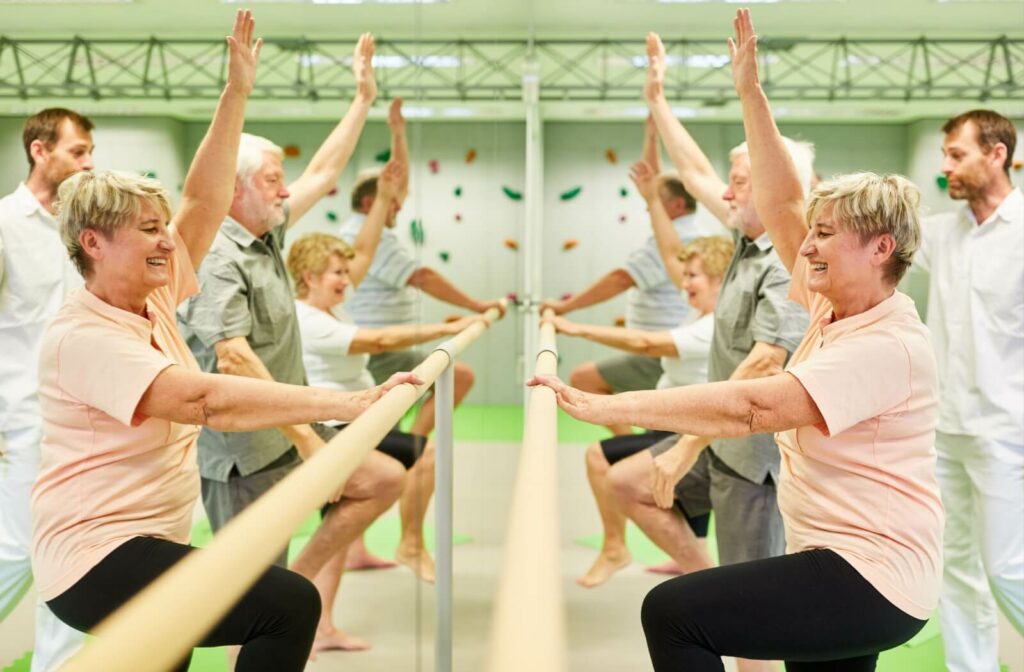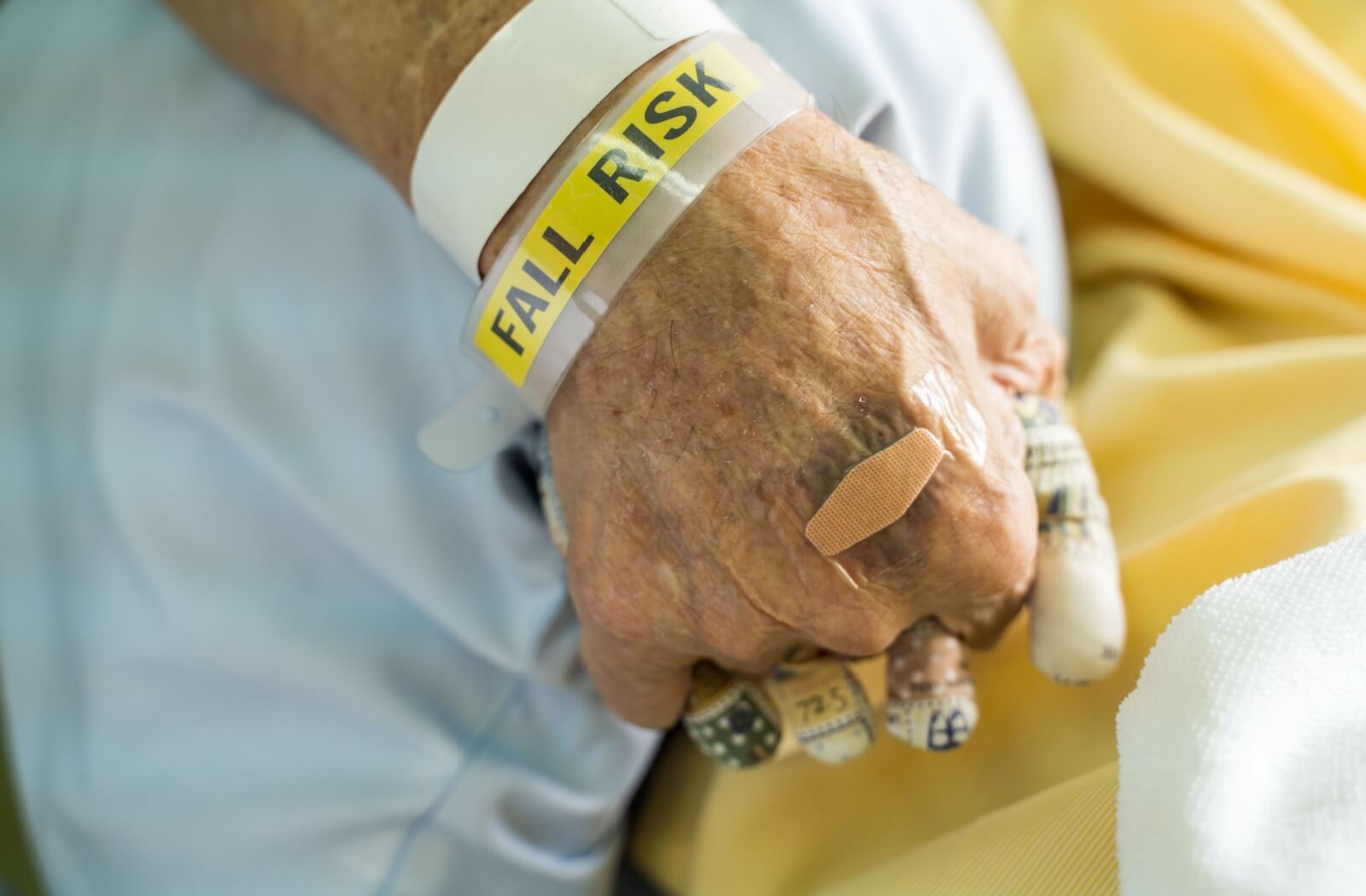A phone call in the middle of the night. It’s your parent, and they’ve fallen again. Your heart sinks. While they might say they’re okay, a pattern of falls can be a clear sign that it’s time to explore a more supportive living environment.
If your older loved one experiences frequent falls, it’s a strong indicator that assisted living could provide the enhanced safety and support they need. It’s a conversation that can feel overwhelming, but understanding the risks and options is the first step toward ensuring your loved one’s safety and well-being.
Key Takeaways
- Recognizing repeated falls or an increased risk of injury is an essential step in deciding if assisted living is the right choice for your loved one.
- Falls can indicate underlying issues, such as declining mobility, balance problems, or health conditions, which may require professional care and supervision.
- Assisted living communities offer a safe and supportive environment where your parent can receive personalized care, reducing the risks associated with falls and promoting their overall well-being.
Why Do Seniors Fall More Often?
As we age, our bodies undergo natural changes. Our balance might become less steady, our muscles can weaken, and our vision isn’t always as sharp as it used to be. Certain health conditions, such as arthritis or neurological disorders, and certain medications can increase the risk of a fall.
A single fall might just be an accident, but when falls become more frequent, they often indicate underlying issues that require more attention than can be provided at home. Ignoring these signs can lead to serious injuries, loss of independence, and a decline in overall quality of life.
Are Falls a Bigger Concern than You Think?
It can be challenging to know when a fall is more than just a momentary stumble. Here are a few signs that may indicate it’s time to consider a change:
- Increasing Frequency: One fall may be an isolated incident, but multiple falls within a short period suggest a growing problem with mobility or balance.
- Unexplained Bruises: If you notice bruises or other minor injuries that your parent can’t explain, it might be a sign of unreported falls.
- Fear of Falling: Has your parent started to limit their activities because they’re afraid of falling? This fear can lead to social isolation and a less active lifestyle, which only worsens the problem.
- Difficulty with Daily Activities: Pay attention if they struggle with getting up from a chair, walking, or navigating stairs. These are daily challenges that can increase the likelihood of a fall.
- Changes in Environment: Have you noticed furniture being used for support, or a new hesitancy to move around the house? These can be subtle cries for help.
By recognizing these signs early and addressing them with care and understanding, you can help create a safer, more confident environment. Minor changes and attentive support can go a long way in restoring independence and peace of mind.
How Can Assisted Living Support Fall Prevention?

Assisted living communities are designed to foster independence while providing a safety net that helps prevent falls and accidents. The environment and care are structured to support residents in living active, engaged lives with confidence.
Here are a few ways assisted living helps:
- Safe and Accessible Environment: Communities are built with senior safety in mind. This includes features like handrails in hallways, grab bars in bathrooms, walk-in showers, and thoughtfully designed floor plans that are free of tripping hazards.
- Personalized Care and Support: Staff are available 24/7 to assist with daily activities that may pose a risk, such as bathing, dressing, and mobility. This support is tailored to each resident’s individual needs.
- Health and Wellness Programs: Regular exercise is one of the best ways to improve balance and strength. Assisted living communities offer fitness classes, such as chair yoga, tai chi, and strength training, all designed to help seniors stay strong and steady on their feet.
- Medication Management: Trained staff can help manage medications to ensure they are taken correctly, thereby reducing the risk of side effects such as dizziness that can lead to falls.
With compassionate care and personalized support, these measures empower seniors to enjoy their daily lives with confidence and independence. Together, they create a safer, more fulfilling environment where residents can truly thrive.
Juniper: A Place to Thrive with Confidence
At Juniper, we believe in creating an environment where every community member can live a whole and joyful life. Our approach is personalized, focusing on the individual needs and aspirations of each person.
At Juniper Village at Hamilton, we offer assisted living services that blend compassionate, professional care with a vibrant sense of community. Our programs are designed to enhance mobility, strength, and balance, helping community members feel secure and empowered.
Deciding to move a loved one into assisted living is never easy, but it can be a positive step toward a safer and more fulfilling chapter of life. If you’re concerned about a parent who keeps falling, we’re here to help you explore your options.
Find Your Footing with Juniper
If you’re wondering whether it’s time to consider assisted living—especially for a loved one experiencing balance issues—our team at Juniper Village at Hamilton is here to answer your questions and provide the information you need.
Contact us today to discover how our specialized programs and compassionate care are designed to help community members regain confidence and thrive.







